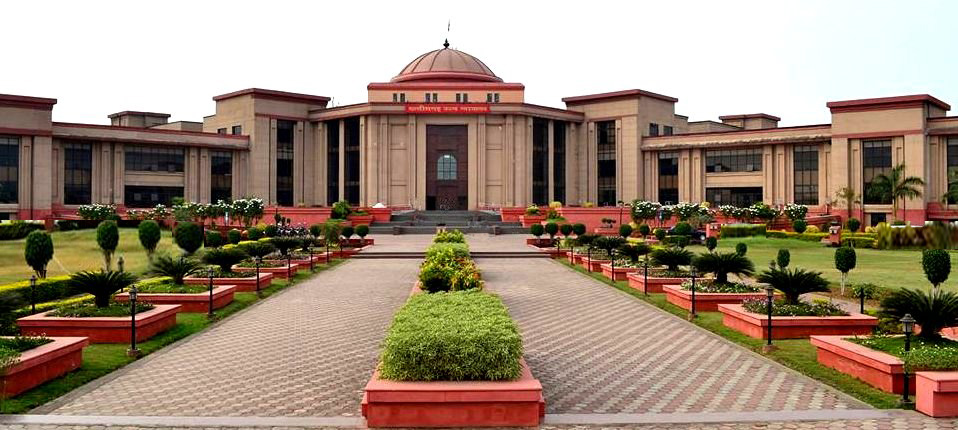
Raipur: The Chhattisgarh High Court has granted permission for a 17-year-old rape victim, diagnosed with sickle cell anemia, to terminate her 20-week pregnancy, citing her physical and mental well-being.
Court Upholds Victim’s Rights
Delivering the verdict, Justice Naresh Kumar Chandravanshi emphasized that forcing the victim to continue the pregnancy would violate her liberty and right to choose. He remarked, “A rape victim already carries stigma in her life. Denying her the choice to terminate a pregnancy resulting from rape would further infringe on her rights.”
Petition Details
The petition, filed by the minor’s mother, sought medical termination of the pregnancy under the supervision of registered practitioners. The minor, who lost her father and lives with her mother, was reportedly exploited by the accused, leading to an FIR at Kotwali Balodabazar Police Station. Medical examinations confirmed the 20-week-and-4-day pregnancy.
The petitioner argued that carrying the pregnancy could be detrimental to the minor’s health, both physically and mentally. The court was informed that her condition could lead to severe consequences due to her anemia and sickle cell disease.
Medical Evaluation and Findings
During the hearing, the court directed the Chief Medical and Health Officer of Balodabazar-Bhatapara to provide a detailed medical report. A team of doctors confirmed that, following anemia correction, there was no medical contradiction to terminating the pregnancy.
The court considered this medical opinion, acknowledging the potential physical, emotional, and social risks associated with continuing the teenage pregnancy.
Court’s Directives
The court authorized the termination to be carried out at Pt. Jawaharlal Nehru Memorial Medical College, Raipur, or Dr. Bheemrao Ambedkar Memorial Hospital, Raipur. It mandated the procedure to be conducted under the supervision of at least two gynecological specialists in accordance with the Medical Termination of Pregnancy Act, 1971.
Additionally, the court ordered the preservation of the foetus’s DNA sample for evidence in the ongoing criminal case against the accused.
This judgment underscores the court’s commitment to protecting the rights and health of victims while ensuring adherence to legal and medical protocols.

